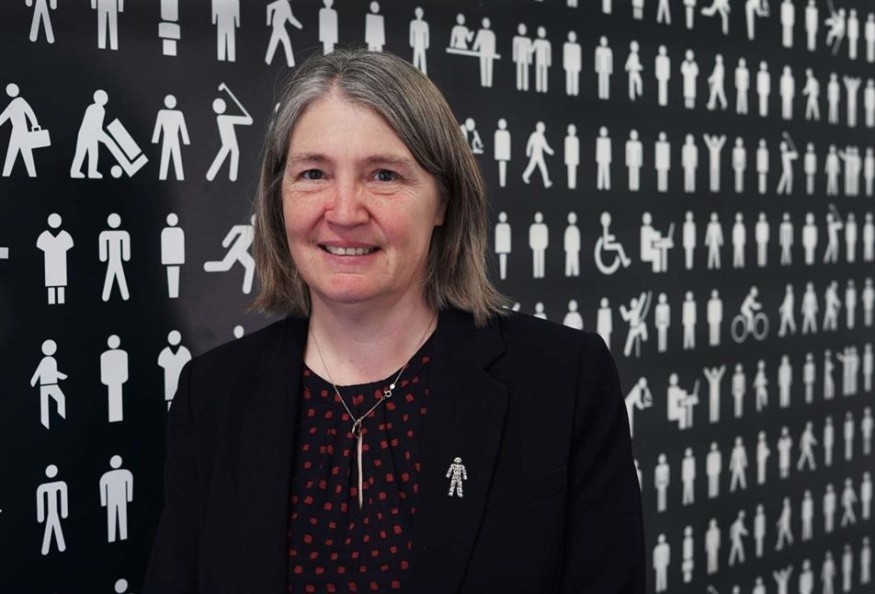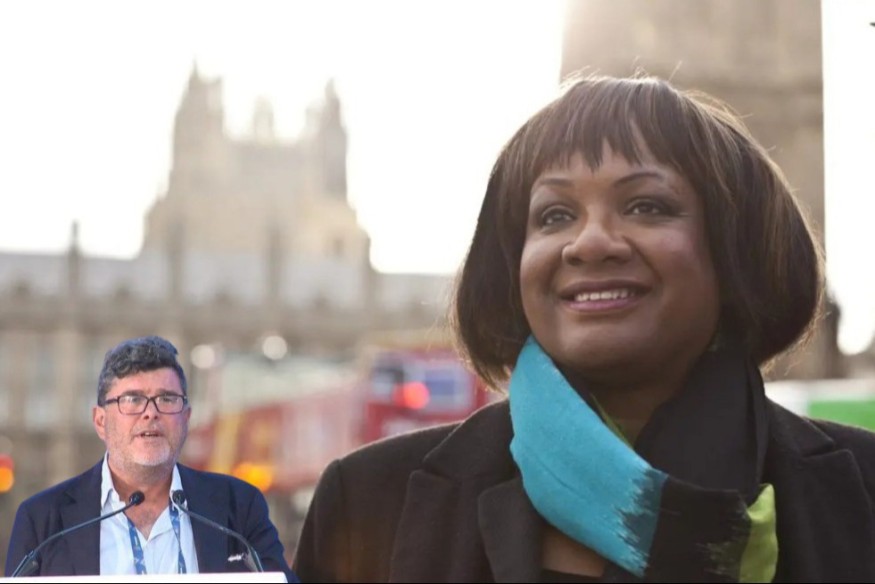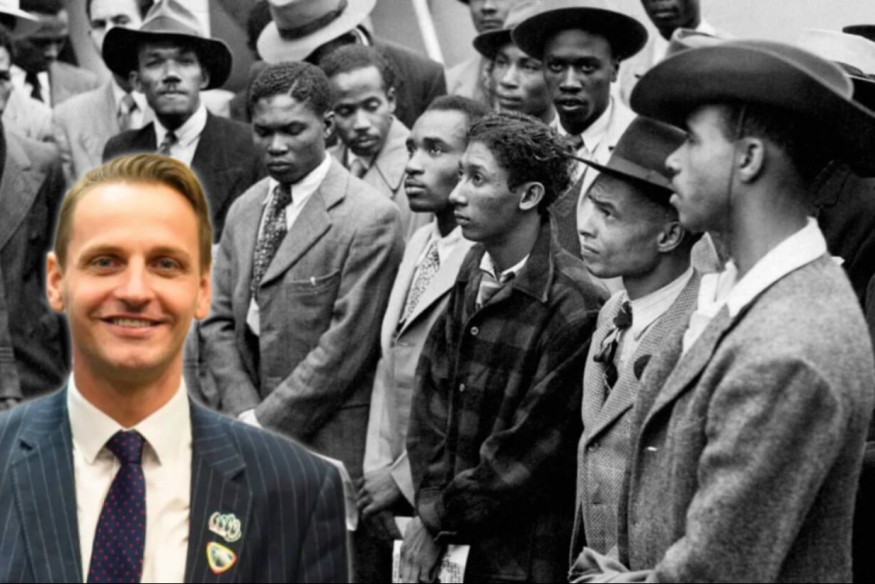
October 22, 2025
A Leading UK Charity Faces Racist Backlash after Launching a Campaign Supporting Black Men—Exposing the Gap Between Government Narrative and Lived Reality
A leading UK charity has revealed it faced “an awful lot of racist commentary” after launching a campaign aimed at supporting Black men. The initiative, designed to address systemic barriers and promote wellbeing, was met with hostility across social media platforms and within its own donor base.
Laura Kerby, chief executive of Prostate Cancer UK, described the abuse as “deeply troubling,” especially given the campaign’s focus on mental health and community uplift. The backlash reflects a broader discomfort with racial equity work in Britain,
“We’ve had an awful lot of racist commentary,” said the charity’s chief executive. “People have said we shouldn’t be doing work with Black men. We’ve had people say we’re being racist by doing work with Black men.”
Some supporters of the charity cancelled their direct debits in protest, an act the charity has described as racially motivated and deeply disappointing. Despite the backlash, the organization has stood firm:
“We’re not going to stop doing that work.” She told Third Sector Podcast.
This incident stands in stark contrast to the government-commissioned Sewell Report (2021), which controversially concluded that the UK is not institutionally racist. Led by Dr. Tony Sewell, the report claimed that while “overt prejudice” exists, claims of structural racism is not supported by evidence. Critics condemned the report for ignoring entrenched disparities—particularly in healthcare, education, housing and policing. Some critics went further, labelling Dr. Sewell as "a Coconut".
In healthcare, for example:
Black women are four times more likely to die in childbirth than white women.
Black patients are more likely to be detained under the Mental Health Act.
Ethnic minorities report lower satisfaction and poorer outcomes across NHS services.
The charity’s experience, facing racist abuse and financial retaliation for simply supporting Black men, exposes the dangerous gap between official rhetoric and lived experience. As race-focused campaigns continue to face backlash, exposing the glaring reality of race relations in modern Britain, the question remains: whose reality is being centered in Britain’s conversation on race—and who gets to define it?
If you or somone you know is stuggling with prostate cancer and would like more information and support, visit their website or donate to Prostate Cancer UK










